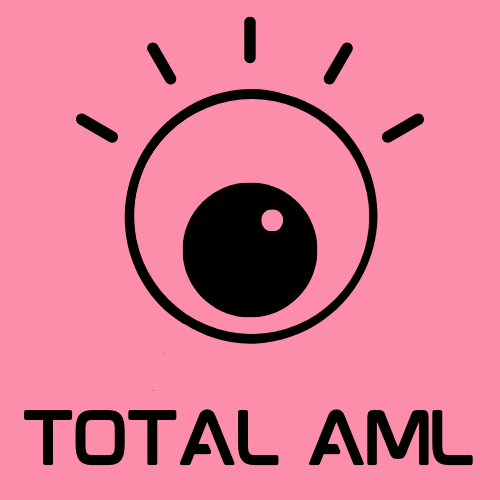Guidance on Professional Services
Summary
Australia’s anti-money laundering (AML) regime is service-based, rather than sector-based. That means it doesn’t matter what industry you operate in; if your business provides a service that’s listed as a designated service in the AML Act, you need to comply with the AML Act itself.
The new designated services cover a range of activities: buying, selling or transferring real estate, legal arrangements, body corporates, or shelf companies; managing or controlling someone’s property; equity or debt financing; creating or restructuring a company or trust; acting or arranging for someone to act as a nominee director or a trustee; and providing a registered office address.
Some of these are quite straightforward. But others are less obvious. Especially when the phrase “assisting a person in organising, planning or executing a transaction or otherwise acting for or on behalf of a person” is used.
According to AUSTRAC, the terms planning and organising include preliminary or preparatory steps that directly advance the outcome of the transaction, for example, preparing a contract for the sale of real estate once the buyer and seller have agreed on the price.
However, this only applies when your activity is sufficiently linked to the actual designated service. To be sufficiently linked, you need to directly advance a relevant designated service. Merely influencing how the customer proceeds, providing general advice, or offering ancillary services isn’t a sufficient link.
The idea is to capture services that genuinely create money laundering, terrorism financing, or proliferation financing risks, and their immediate preparatory steps in relation to an outcome, but not capture outcomes that are merely hypothetical or remote.
Get in touch if you have any questions.
